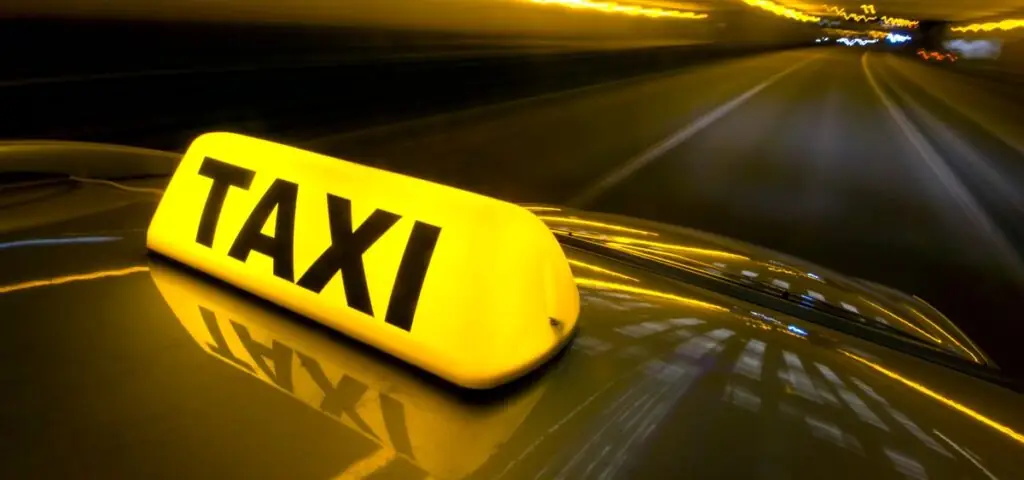Since the Quebec government overhauled the taxi industry in 2019, illegal transportation services have been on the rise. The Association des taxis des régions du Québec (taxi association for the regions of Quebec) estimates that the number of unregistered or illegal taxis has increased tenfold. In fact, Contrôle routier Québec (traffic control) issued 166 tickets for illegal taxi activity in 2024, which is five times more than the previous year. Before hailing a cab, do you know how to spot an illegal taxi?

Uber’s arrival in Quebec in 2013 disrupted the paid passenger transportation sector. After six years of tension, the Quebec government overhauled the industry in 2019, removing the traditional taxi regulations and replacing them with rules that apply to both taxis and app-based ride services like Uber.
Same rules for all drivers
Before the change in regulations, traditional taxi drivers had to respect strict rules, while services like Uber operated in a legal grey zone. Taxi drivers had to complete around 100 hours of training at certified schools and hold a taxi permit, with the total number of permits controlled by the government. Taxis also had special licence plates beginning with a “T” and, in Montreal, were listed in the city’s official taxi registry.
In 2019, the government abolished taxi permits, the “T” licence plates, and the public taxi registry, which allowed passengers to track their taxi’s location.
Under the new rules, whether you drive for a traditional taxi company or an app-based service like Uber, you must meet these requirements:
- hold a valid authorized driver’s permit,
- pass background and driving record checks,
- complete 15 hours of basic training, and
- have civil liability insurance to protect passengers in case of an incident.
|
Important: Stricter rules at Montréal-Trudeau Airport Drivers picking up or dropping off passengers at the airport must have a separate permit issued by Aéroports de Montréal (ADM). If you don’t have this permit while driving, you could be fined up to $5,000 for a first offence and up to $10,000 for a second. |
Things to check before you get in a vehicle
It’s not always easy to tell a legal taxi or ride service from an illegal one. But there are some clues you can look for before getting into a vehicle.
First, be cautious if the fare is negotiated verbally, without any app or receipt. Another red flag is if someone offers you a ride when you didn’t ask for one, for example, when you step out of a restaurant or a bar. This is especially true if the person is pushy or harassing you to ride with them, even if you’re at a transit hub like a bus or train station, near a metro exit or at the airport.
All taxis are required to display:
- a rooftop light (called a domelight),
- a taximeter,
- a sticker on the rear left window or windshield explaining how the fare is calculated,
- the authorized driver’s permit with their photo.
Make sure all these things are displayed to maximize your chances of getting into a legal taxi. Important: a domelight alone is not enough. Anyone can buy one for around $30!
And if you’re using an app-based ride service like Uber, Eva or Lyft, check for a sticker clearly designating the vehicle as being used for a paid passenger transportation service. Make sure the vehicle and driver match the information sent to you when you booked the ride before getting in, like the make and model of the vehicle, its licence plate, and the driver’s name and photo.
As a general rule, stick to reputable companies or apps that provide information about their drivers and vehicles, and that offer customer support if something goes wrong.
If you hail a cab on the street, paying in cash can also help reduce the risk of fraud.
|
What to do it you’re unsure or something goes wrong If you think you saw an illegal taxi or you’re unhappy with the service, note the vehicle’s licence plate and file a complaint with the Commission des transports du Québec (transportation commission, French only). The Commission is a government body that regulates paid passenger transportation in Quebec. It can investigate drivers and, if necessary, suspend or revoke their authorized driver’s permit. |





